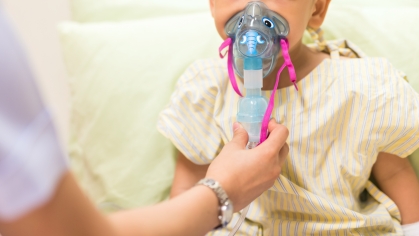In order to ensure good mental health, it is important to make self-care a priority, says Barbara Randall, director of Rutgers University Behavioral Health Care Employee Assistance Program (EAP), who insists that small doses every day can have a positive impact on both body and mind.
As part of Mental Health Awareness month, Randall discusses what self-care is, why it is important and how we can make it part of our daily routine throughout the year.
What is self-care?
Self-care is your oxygen. The act of self-care means using strategies that promote healthy functioning and enhance our well-being. Self-care can be integral to your overall wellness. By practicing self-care, you may increase your energy and your capacity to function on a daily basis. With a good dose of self-care, productivity increases, creativity expands and we are better equipped to handle day-to-day challenges.
Are there different types of self-care?
Most people think of their bodies when it comes to self-care. However, there are numerous dimensions of self-care and small changes can have a ripple effect on our lives. Self-care practices include financial, spiritual, environmental, intellectual, physical and emotional wellness.
Why don’t we practice self-care more often?
Did you know that some people believe self-care equates to putting yourself first, which in turn is considered selfish? We are here to let you in on a little secret: Self-care is not being selfish. By practicing self-care, you are investing in yourself, which in turn allows you to be more present in your interactions with others. Instead of thinking about self-care as something that happens once a day or once a month (e.g., this is my self-care day), we invite you to build self-care into your daily lives a few minutes at a time.
What can I do to begin my self-care routine?
Consider getting outdoors at least once a day, even if it’s for a short walk in your neighborhood. Explore your community and perhaps visit a local farmers market. Take a few minutes of “me time” and spend it doing the things that will recharge your mind, body and soul. At the end of each night, instead of scrolling on your phone or binge watching that last episode, perhaps take a few minutes and just have some quiet time. Most importantly, find something that suits your needs and simultaneously impacts one of the self-care dimensions.
EAP is available through most employers, offering confidential mental health services for concerns related to work stress, couples, families, grief, anxiety and time management, parenting issues and substance misuse assessments. For more information, contact your local EAP or visit https://ubhc.rutgers.edu/eap/overview.xml.




